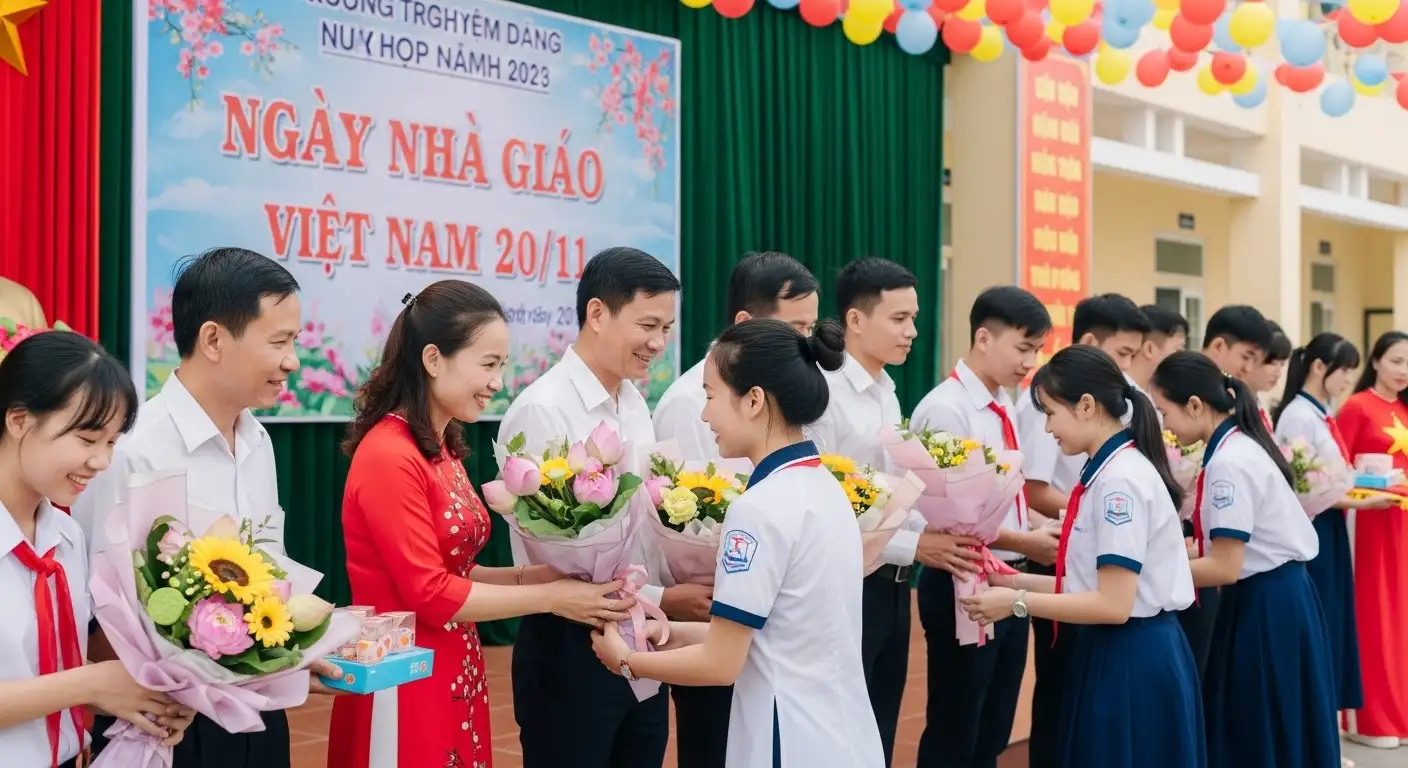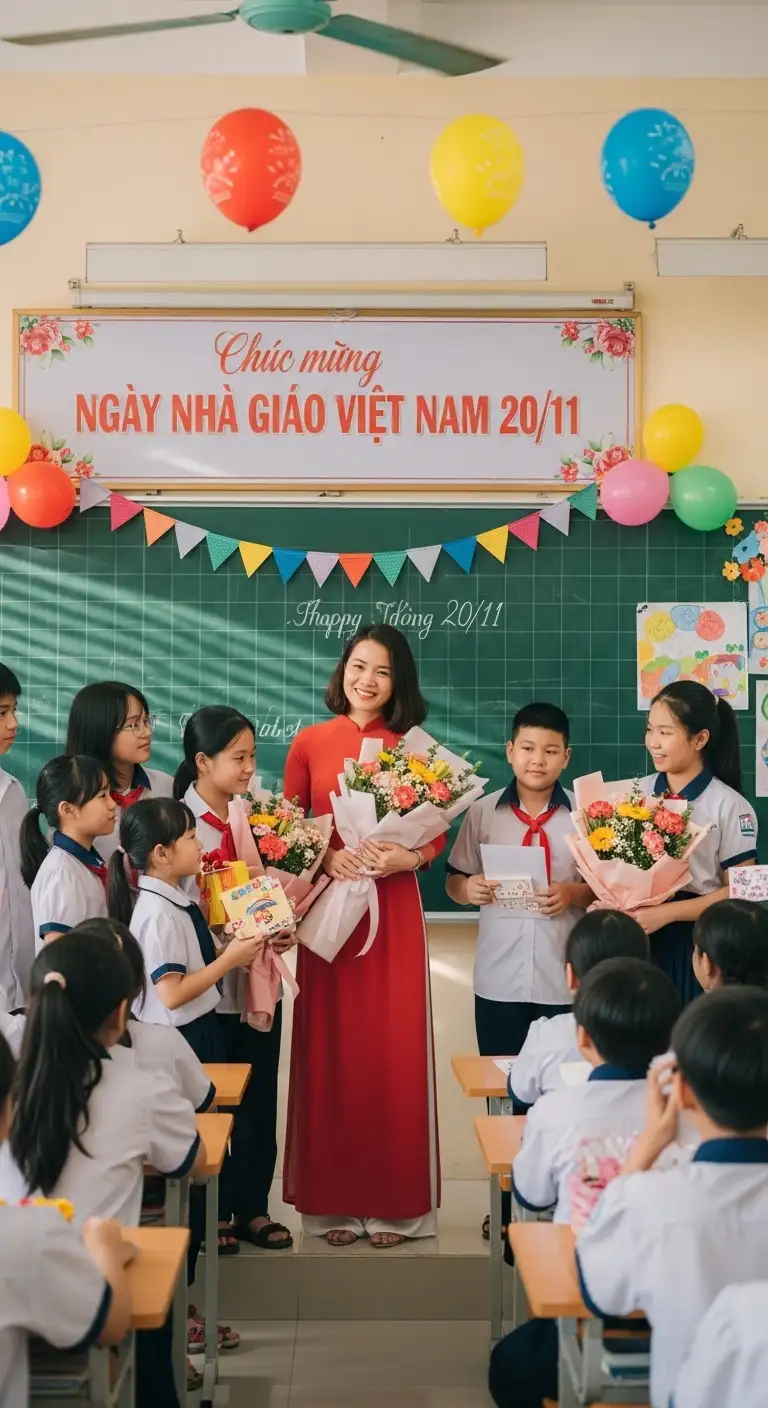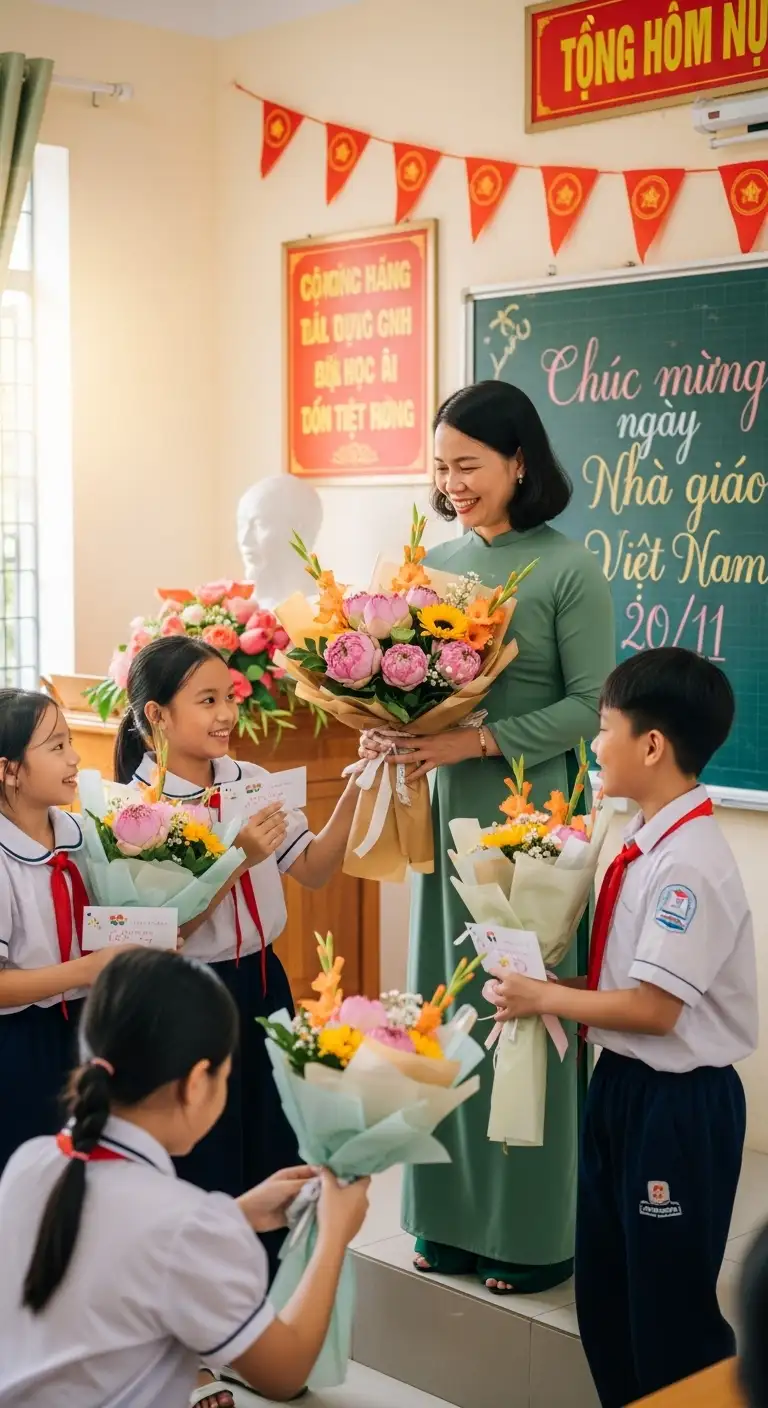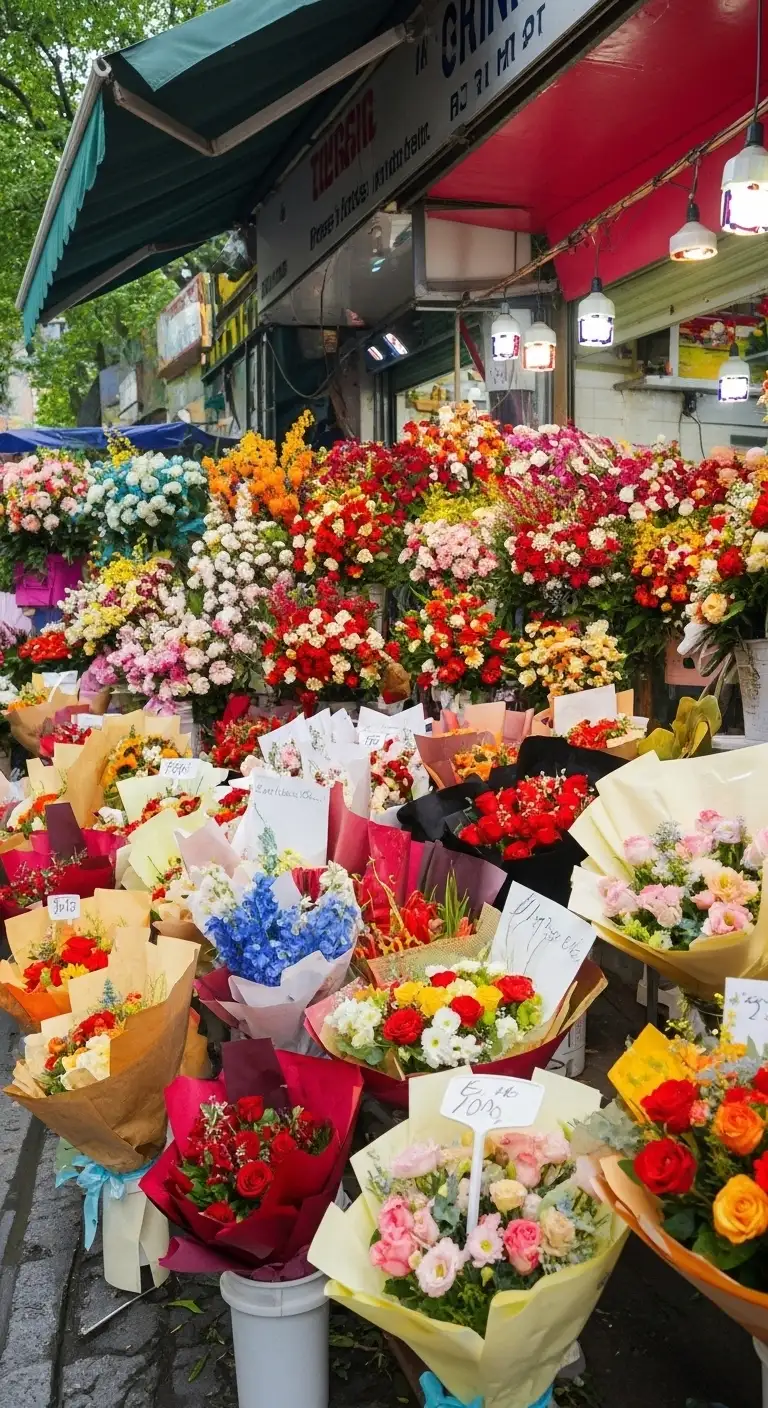Quick Facts
| Data Field (Title) | Content | Icon/Note |
|---|---|---|
| Official Name | Ngày Nhà giáo Việt Nam (Vietnamese Teachers' Day) | A national observance, not a public holiday. |
| Date | November 20th, Annually | Established by the government in 1982. |
| Core Value | Tôn sư trọng đạo (Respect the Teacher, Revere the Moral Path) | A deeply rooted cultural tradition. |
| Focus | Expressing profound gratitude and respect for teachers and educators across all levels. | Applies to current and former teachers. |
I. Overview: A Tradition of Deep Respect
Vietnamese Teachers’ Day, or Ngày Nhà giáo Việt Nam, is one of the most important annual celebrations in the country, dedicated to honoring all individuals who contribute to the field of education.
Unlike similar days in many Western countries, the tradition of respecting teachers (Tôn sư trọng đạo) in Vietnam is a deeply ingrained cultural value, dating back to Confucian times. November 20th is a day when students, parents, and the community at large pay tribute to the essential role educators play in shaping the nation’s future.
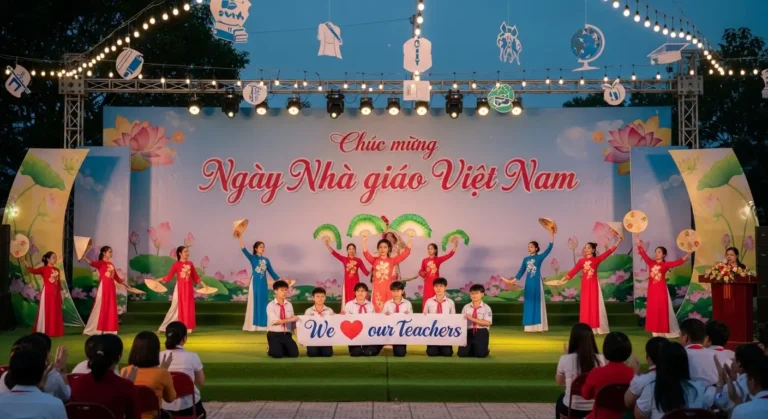
II. Celebration Activities and Traditions
While classes are usually canceled or significantly reduced, the atmosphere across all educational institutions—from kindergartens to universities—is festive and sincere:
School Ceremonies and Performances: Schools organize formal, colorful ceremonies often featuring patriotic songs, traditional dances, and creative performances (skits, music) prepared by students for their teachers. These events emphasize the unity and love between students and mentors.
Tribute to Former Teachers: A unique and important tradition is the visiting of former teachers. Students, even those who have graduated years ago, make an effort to visit their old schools or a teacher’s home to thank them in person.
Gifts of Gratitude: Students express their thanks through heartfelt gestures:
Flowers: Fresh flowers, especially roses and lilies (symbolizing respect), are the most common and sincere gift.
Handwritten Cards: Personalized greeting cards with sincere wishes are highly valued by teachers.
Small Tokens: Gifts are generally small and thoughtful, focusing on respect rather than monetary value.

III. Significance to Vietnamese Culture
Vietnamese Teachers’ Day is a clear manifestation of the high regard in which educators are held in society.
Honoring the Past: The day acknowledges the sacrifices of those who have guided generations, highlighting that a teacher’s influence extends far beyond the classroom.
National Unity: The observance reinforces a sense of community and national identity, underlining that education is paramount to the country’s development.
Inclusivity: The celebration extends its gratitude to all educators, including foreign teachers who are contributing their knowledge and effort within Vietnam.
For travelers, witnessing the atmosphere of November 20th provides a touching glimpse into the profound respect and warmth that defines Vietnamese social conduct.
